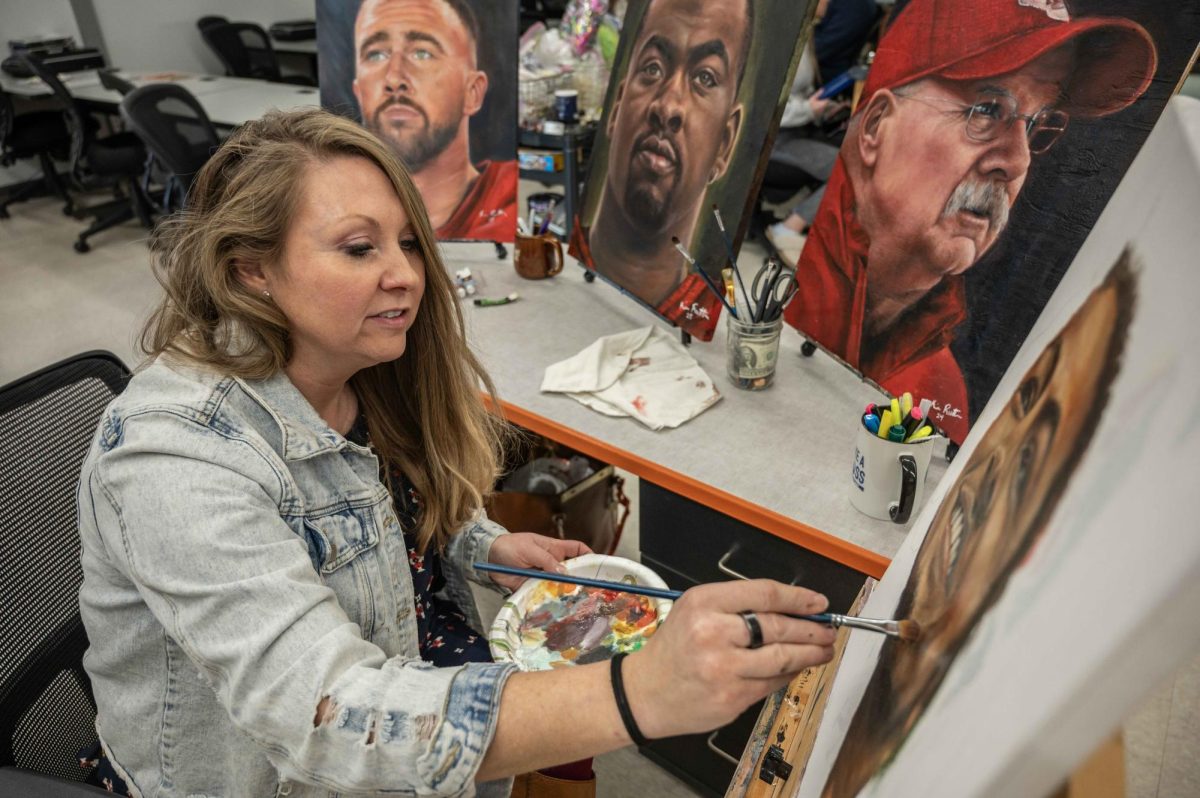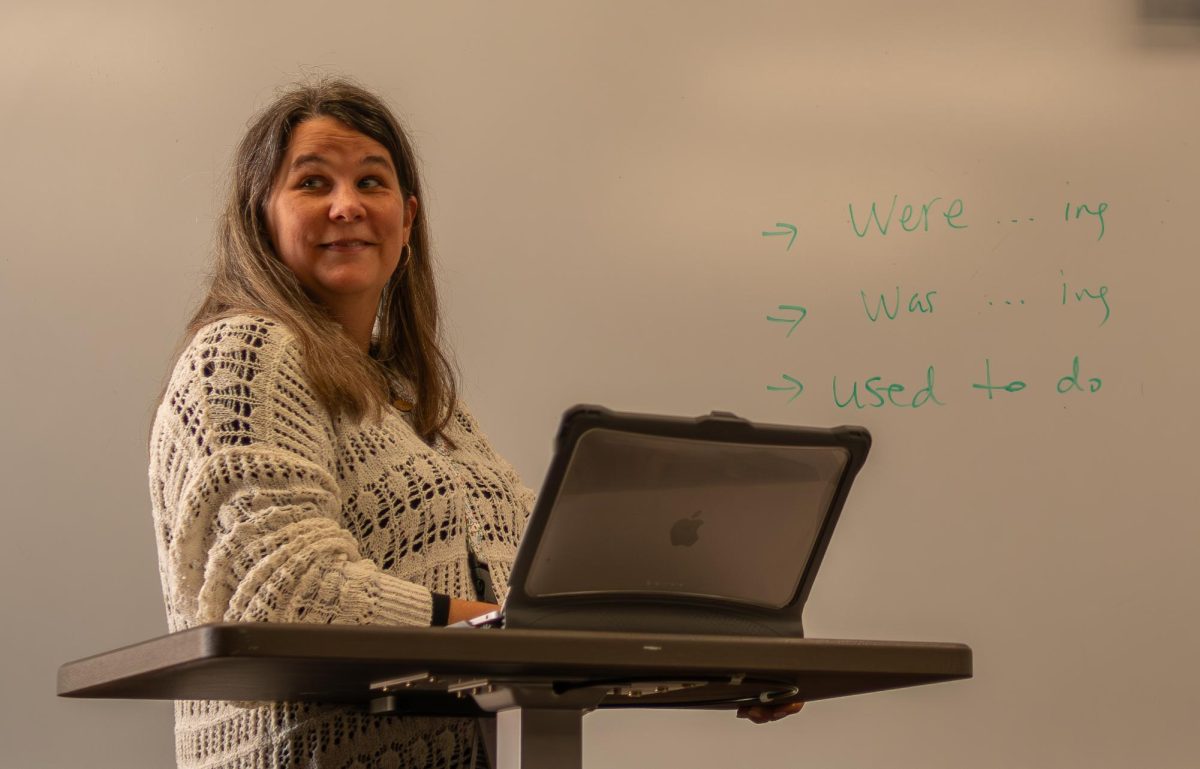As a generation, we have the power to lead the world in a new direction.
Wherever you go, you should always leave it a better place than it was before. At least that’s what I was always taught. During our lifetime, it should be our goal, as individuals and as a collective generation, to try to leave the world a better place than the one that we were born into. But where are we leading it currently, and where would we like to be leading it?
We have been born into a world of booming development; we have stepped into a millenium with sky-high dreams and the certainty that nothing is too big of a challenge.
Growing up, however, an increasing number of issues have chipped away this confidence. About a decade ago, a terrible attack showed that even the United States of America, one of the world’s greatest superpowers, had a weak spot. Those who ruled the world when this happened reacted to the shock with fear, defense, distrust and, ultimately, violence.
We pride ourselves on having advanced globalization in the last couple of decades, but have we, really? Connecting the world has made many aspects of life more convenient and has, to a degree, given the impression that we are capable of conquering our world for the betterment of mankind. But to do this, we need to move beyond connection to integration and understanding: Instead of only building international communication, information networks and collaborations, we have to build cultural understanding and tolerance of differences. In a world that long ago bid farewell to isolationism, it is up to us now to outgrow short-sighted and selfish attitudes.
Since its birth in the 18th century, the United States has been renowned for being a melting pot of cultures, when in reality it hardly ever was. Rather than the fictional melting pot, America is more like a mosaic: a variegated composition of individuals. Sadly, instead of having come together to create a picture of completion, the many parts and pieces of society have remained strangers. To truly work as one, we have to understand how we are dependent on everyone and everything.
While coming together as a community requires a sense of unity, it doesn’t mean to give up individuality. On the contrary, the appreciation of personal uniquenesses, not only of oneself but also of others, is a vital part of society. Instead of tearing a group of people apart, differences, especially the tolerance of them, has the potential to bring us together. As individuality brings out the best in everyone, it creates a diverse puzzle in which one piece has the potential to enrich and complete the other.
Once we understand that, the pressing demands of society will be handled very differently. Movements like Occupy Wall Street call attention to issues like poverty and a lack of opportunity, while many try to push them under the rug. The goal for federally acknowledged gay marriage can’t continue to be denied as arguments against it become less and less justifiable.
How can we live next to each other, while denying inalienable rights to some? It won’t take much more listening to the voices becoming louder and louder before we gain a new appreciation for individualism and a sense of unity.
The pursuit of this attitude, not the building of weapons and complicated networks, will be our proof: Nothing is too big a challenge. With this attitude, we will be able to make the world a better place.





















